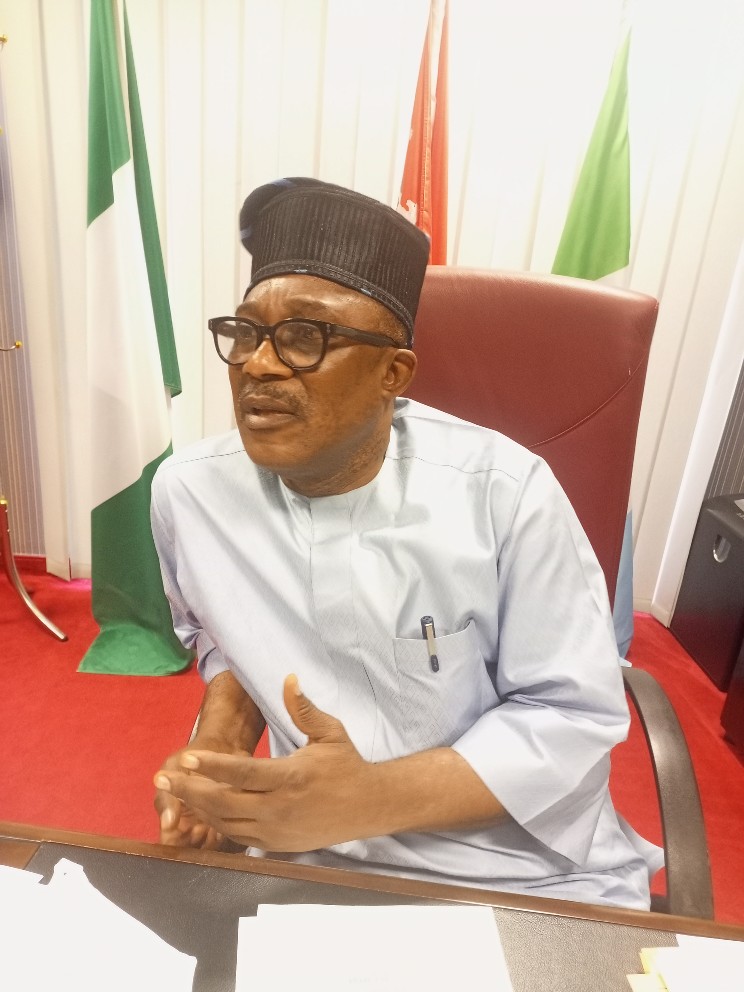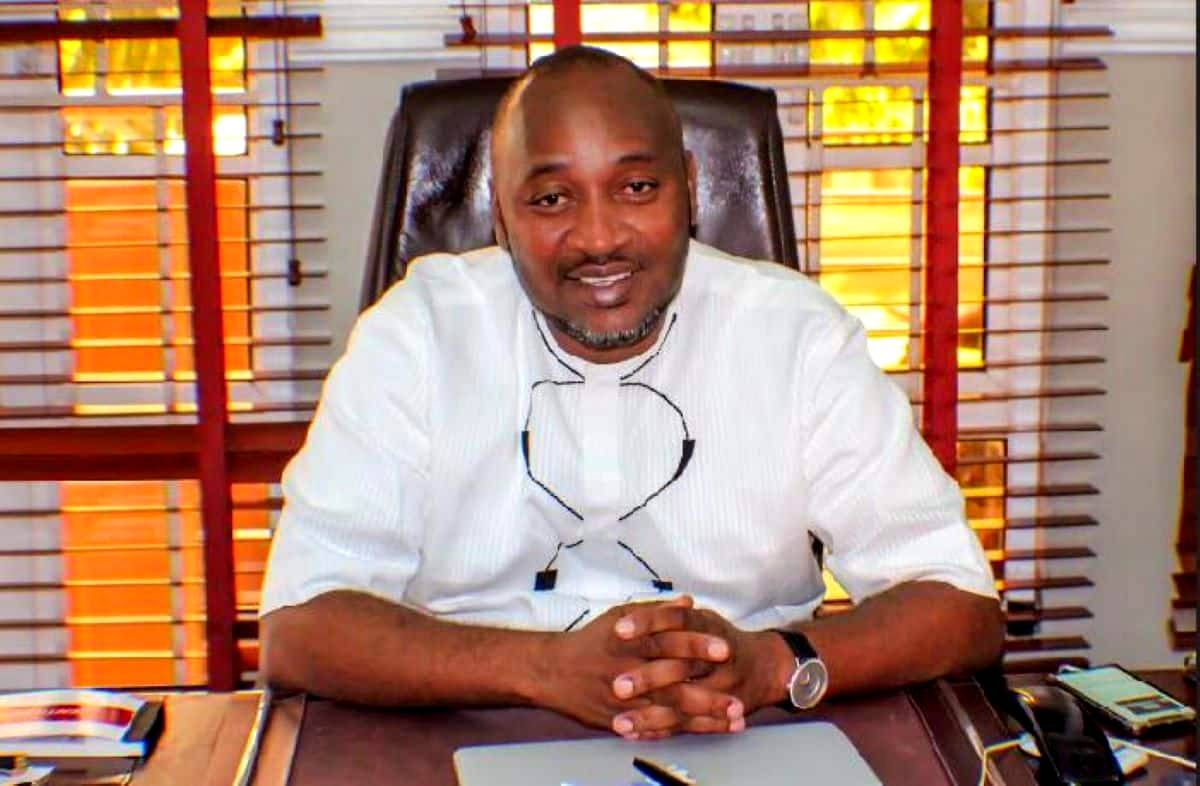The Speaker of the Nigér state House of Assembly, Rt. Hon. ĹAbdulmalik Mohammed Sarkindaji has urged well-to- do individuals and philanthropists to countinue to invest in the education sector.
Rt. Hon. Sarkindaji who stated this at the weekend during the graduation ceremony of Mustapha Comprehensive School, Kontagora in Niger State, pointed out that Proprietors of private schools in the country should not invest in education with the sole aim of making huge profits but an opportunity for them to give back to the society, saying that “education is the greatest gift individual and philanthropists can give to the society”.
According to him, education is not a choice but necessity and therefore every child must have access to quality education for the overall benefits of the society at large.
While blaming the rising number of out of school children, especially in the north on the increase in population, the speaker maintained that individual and philanthropists in the country have a great role to play towards helping the struggling Nigeria education system.
As a beneficiary of a Philanthropic gesture towards his education, he disclosed that he became a lawyer because he enjoyed a Philanthropic gesture towards his education adding that he believes many more children out there are looking for such opportunity in this country.
“That is why we are appealing to individuals and philanthropists in the country to invest more in education and make it affordable because it is obvious that government alone can no longer adequately fund education in this country”. he added.
He pointed out further that 90 percent of crime and criminalities in the country are committed by those who did not have access to education or those who dropped out of school, adding that “Education remains very key to solving part of the security challenges in the country”.
Earlier the President of the school, Dr. Usman Sani Bello in his remarks, said the main objective of the school which was established in 1982, is to contribute to the growth of education in the state and the country in general, and not a profit making venture.
He disclosed that profits making is the last thing in the minds of the school management, stressing that “the profits we make are the contribution that the graduating student make to the society”.
According to him, the essence of establishing the school is to give back to the society, adding that “it is unacceptable to see children being withdrawn from school just because such a child can not afford school fees”, he said.



